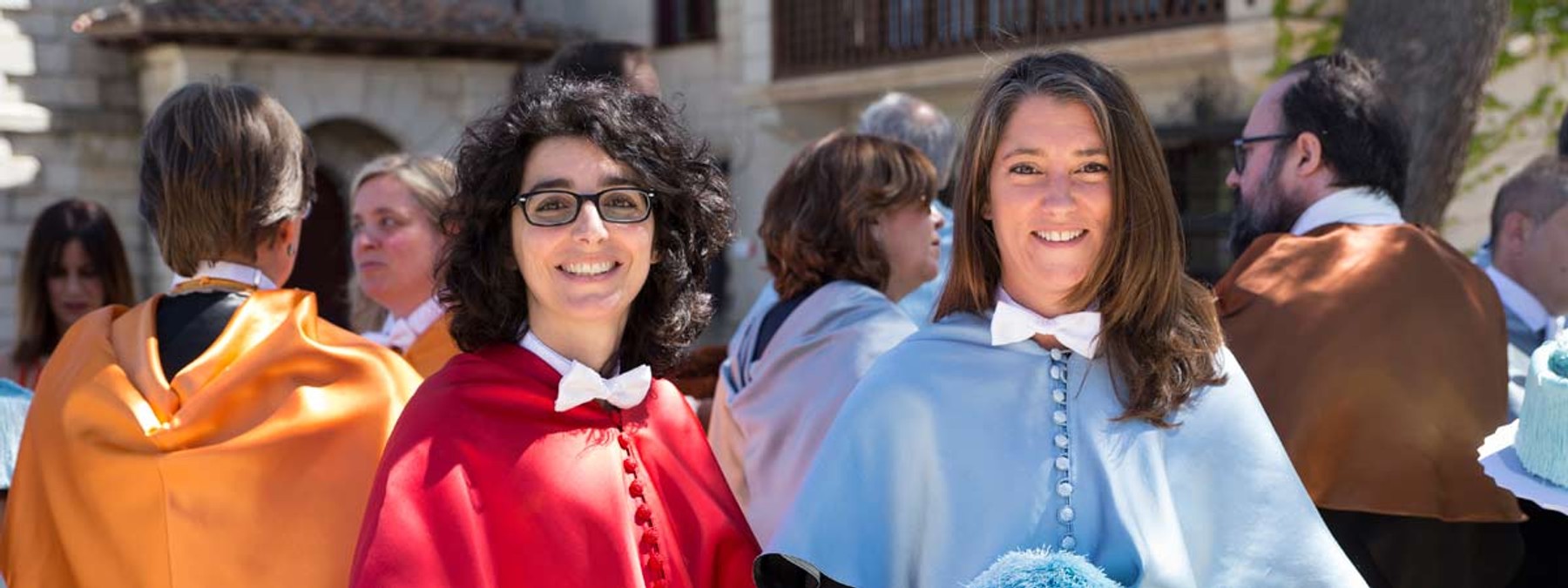Facultades Nebrija
Conoce las titulaciones de grado y postgrado así como títulos propios que ofrece la Universidad Nebrija en sus Facultades y Escuelas, especializadas en todas las áreas de conocimiento y ajustadas a cualquier tipo de perfil profesional.








